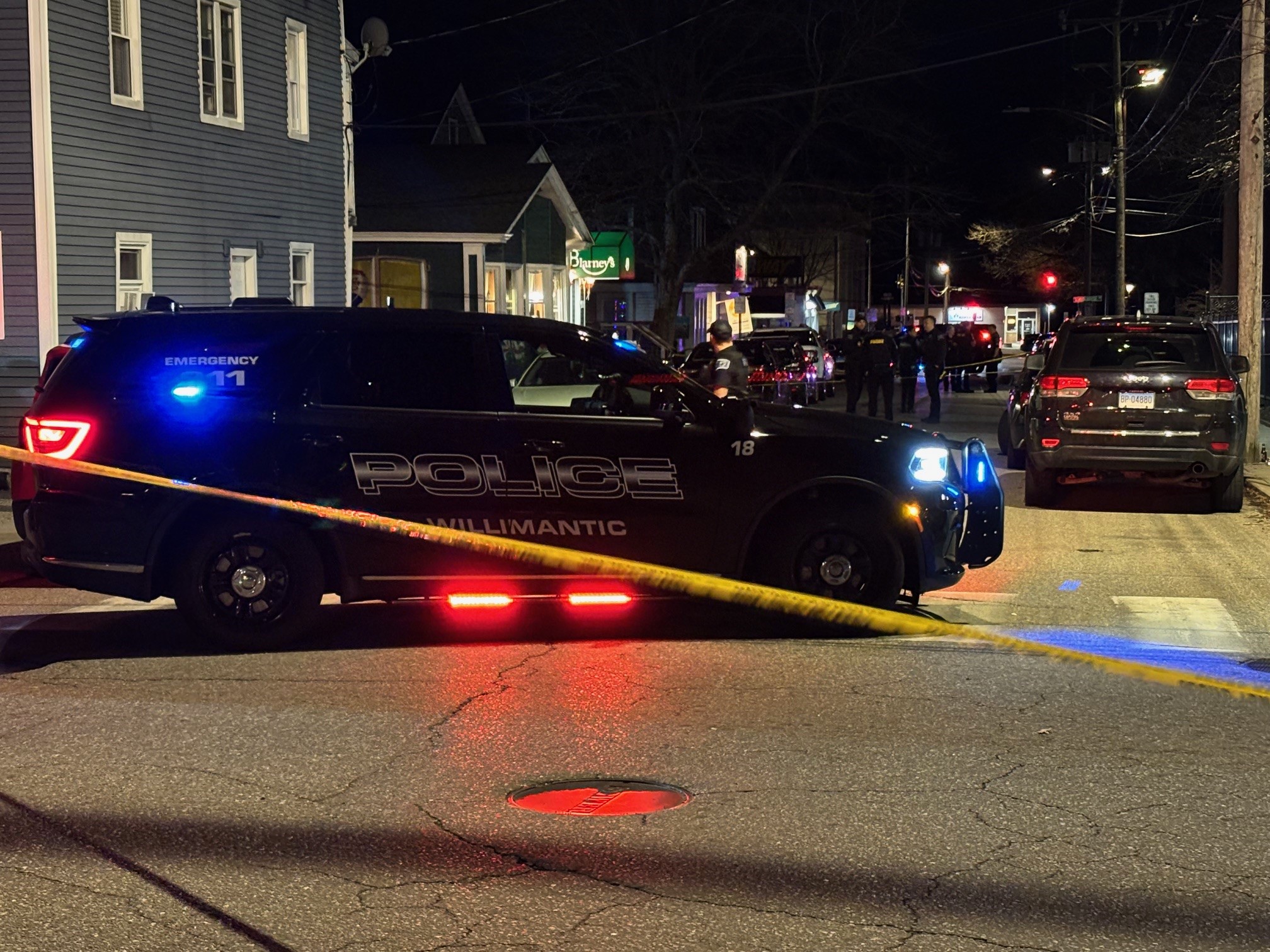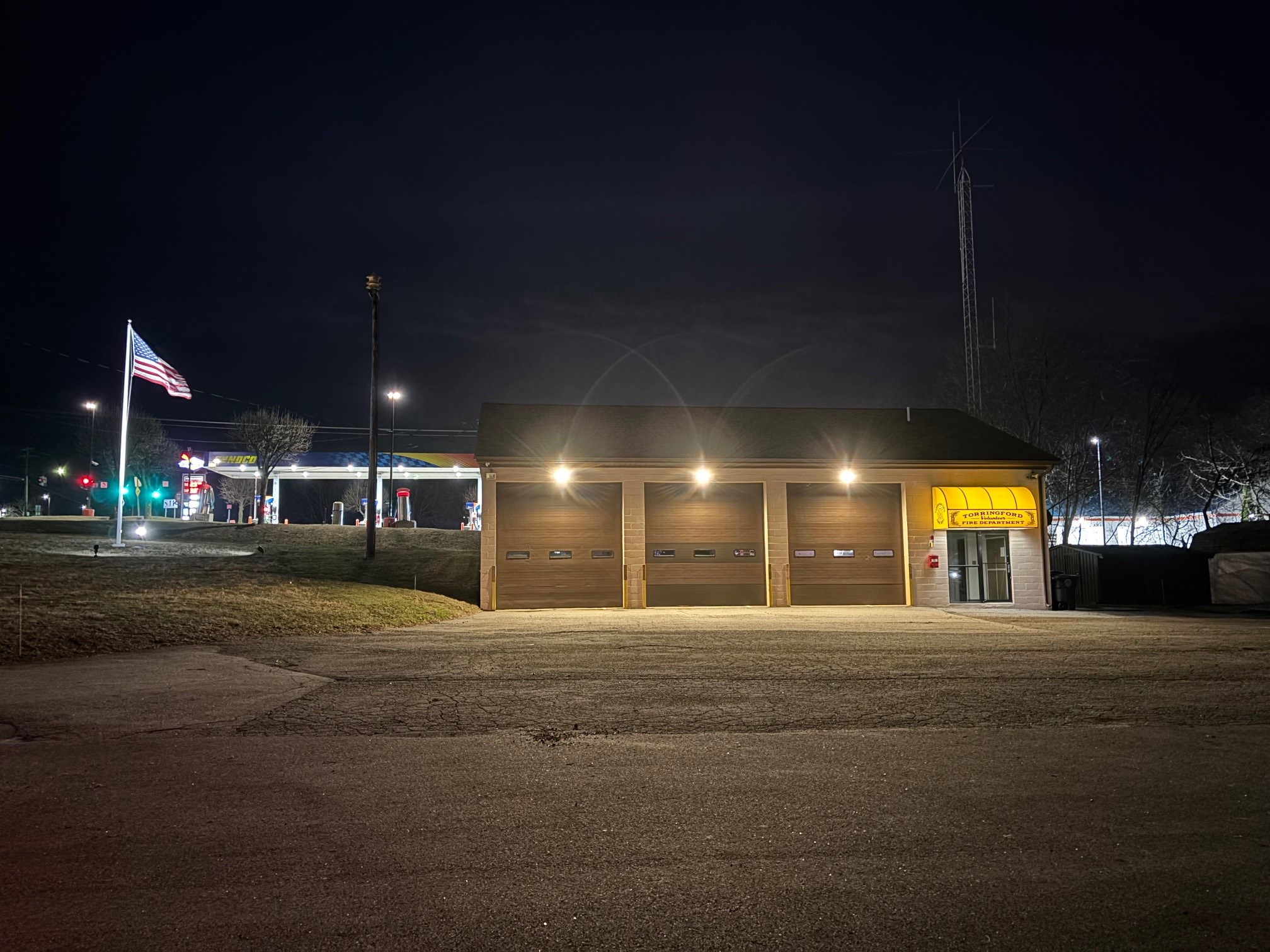Connecticut's first analysis of police traffic stops across the state has found racial and ethnic disparities that might suggest bias on the part of officers, but stops short of declaring that racial profiling is going on.
Officials said the report released on Tuesday is the most comprehensive examination of police traffic stops in the country.
The report singles out five agencies for having "statistically significant" racial or ethnic disparities in their data and says further investigation is warranted.
Those agencies are Groton town police, Granby police, Waterbury police and state police troops C in Tolland and H in Hartford.
The Granby Police Department issued a statement saying it’s the department’s policy that no member of the Granby department engage in bias-based profiling in any actions.
“There is no excuse for policing based on bias, racial or otherwise. The police department embraces and values an independent review of stop data. Since October 2013, all Granby Police officers have been dutifully entering all demographic and other data, for all motor vehicle stops as required by the Alvin Penn Racial Profiling Act. Officers are required to pass out a form to each motorist that explains the law and notifies them how to make a complaint if they feel the stop was bias related. There have been no complaints from citizens,” a statement from the department says.
Department of Emergency Services and Public Protection Commissioner Dora Schriro also issued a statement regarding the racial profiling report.
Local
"Connecticut’s Troopers lead by example. Should any deficiency be identified in the forthcoming analysis, intentional or otherwise, we will address it immediately and comprehensively," she said in a statement.
Central Connecticut State University’s Institute for Municipal and Regional Policy released the data on Tuesday and school officials said the findings raise concerns about significant racial disparities for 10 police departments and two state police troops.
Overall in Connecticut, 13.5 percent of motorists stopped were observed to be Black and a comparable 11.7 were motorists of Hispanic descent. The analysis also found that the minority stops were more likely to have occurred during daylight hours when a driver’s race and ethnicity is visible. For Hispanics, the results indicated a disparity in the search rate relative to the rate of found contraband, a statement from Connecticut State University says.
Researchers said 33 out of the state's 102 law enforcement agencies had disparities in their data showing minorities were stopped at higher rates than whites, according to population and other statistics.
The President of the State Police Union, the group that represents more than 1,000 officers, said the data released on Tuesday needs to be taken seriously and analyzed. but it also has to be viewed in perspective.
“Out of roughly 233,000 state police traffic stops, we’ve had 12 complaints of racial discrimination in a year" Andrew Matthers said.
In the next few weeks, the group that conducted this study will release a list of guidelines and best practices for police departments to use for training in relation to racial profiling.
Ken Barone, of the CCSU Institute for Municipal and Regional Policy which conducted the study, did concede that with so many police departments in Connecticut, it will be difficult to reach every officer.



